Scientists Say
A weekly word defined, in a sentence and in context. Click here to find the alphabetized list.
-
 Health & Medicine
Health & MedicineScientists Say: Saturated fat
Saturated fats are found in meat and dairy products. Their long, straight chemical chains make them solid in your fridge and on your plate.
-
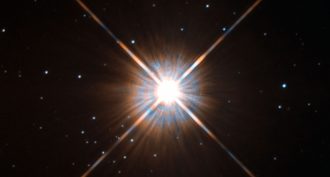
-
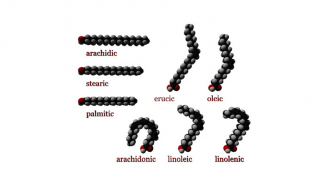 Chemistry
ChemistryScientists Say: Fatty acid
Fats are important, especially fatty acids. These molecules serve many purposes, but they are all constructed the same way.
-
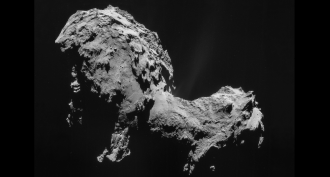 Space
SpaceScientists Say: Comet
Comets are small solar system objects. When they pass close to their sun, their melting gases and water give them a tail.
-
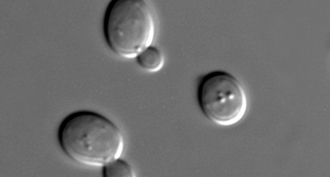 Life
LifeScientists Say: Autophagy
Cells can break down and recycle their parts for later use. This process — called autophagy — won a scientist a Nobel Prize in 2016.
-
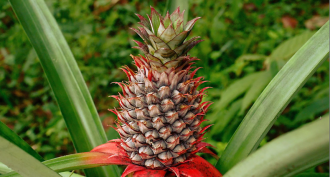 Plants
PlantsScientists Say: Bromeliad
Bromeliads are plants with long spiky leaves. They are common houseplants, and we even see one in the grocery store — the pineapple.
-
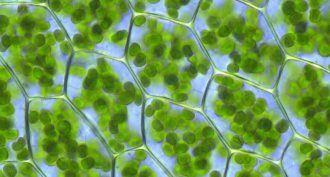 Plants
PlantsScientists Say: Chlorophyll
Plants can make energy out of sunlight, all thanks to a pigment called chlorophyll.
-
 Science & Society
Science & SocietyScientists Say: Stereotype
This is a belief or explanation for something. But when beliefs get overly simplified, they may no longer be true.
-
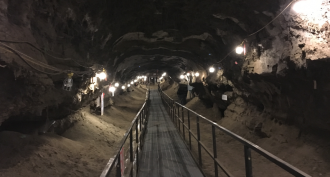 Earth
EarthScientists Say: Permafrost
In polar regions, it gets cold enough that the very dirt will freeze, and stay frozen. This soil has a special name.
-
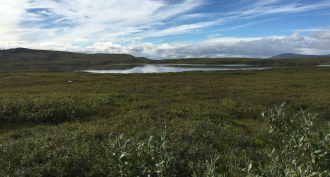 Ecosystems
EcosystemsScientists Say: Tundra
A tundra is an ecosystem found in Earth’s far north. It has a layer of soil deep underground that remains frozen — sometimes for thousands of years. But the top layer thaws in the summer, allowing plants to grow.
-
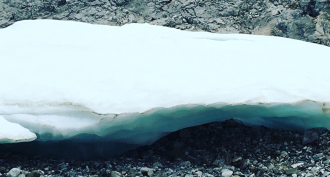 Environment
EnvironmentScientists Say: Aufeis
Water keeps flowing underground even in the coldest Arctic winters. But when it comes to the surface, it chills out and forms large layers of ice — called aufeis.
-
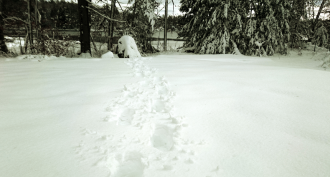 Climate
ClimateScientists Say: Albedo
To measure how much light reflects off an object, scientists measure its albedo.